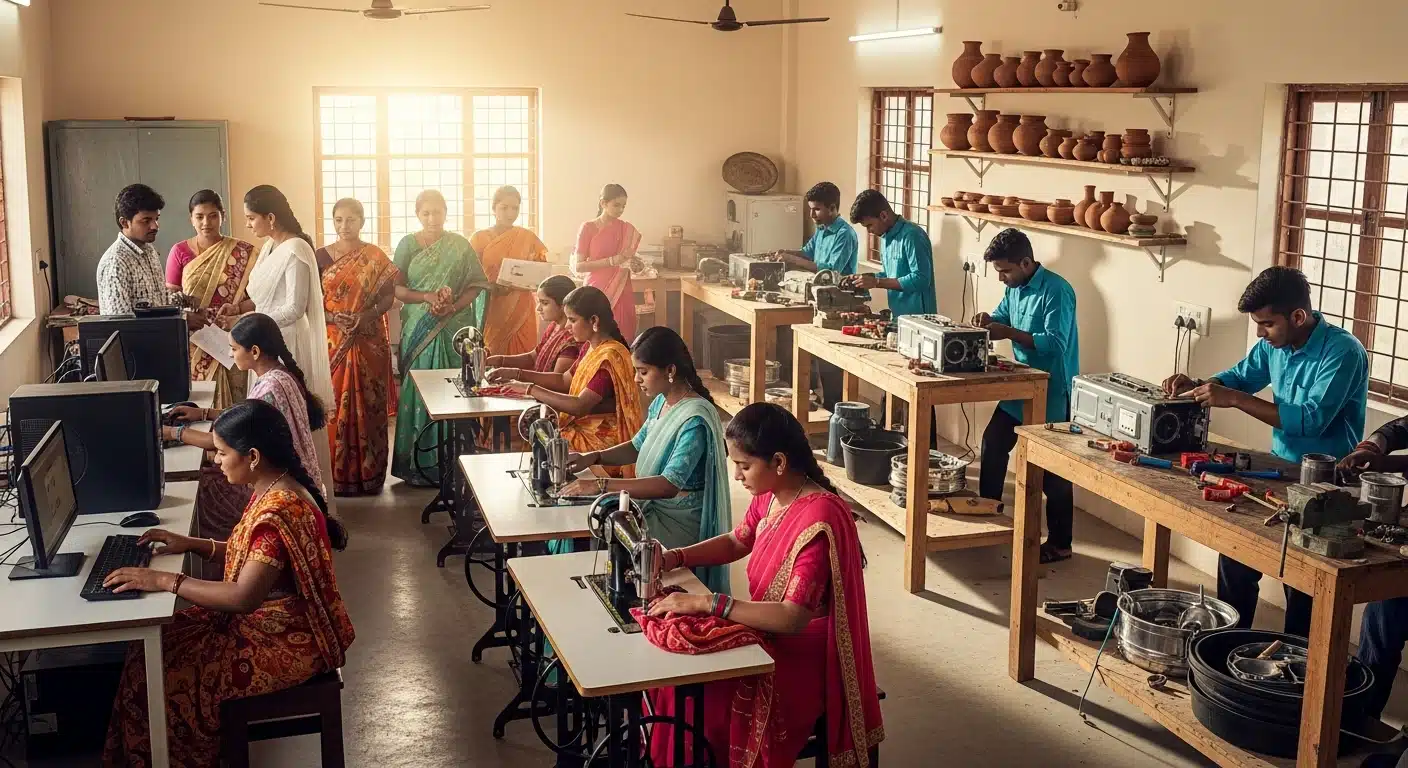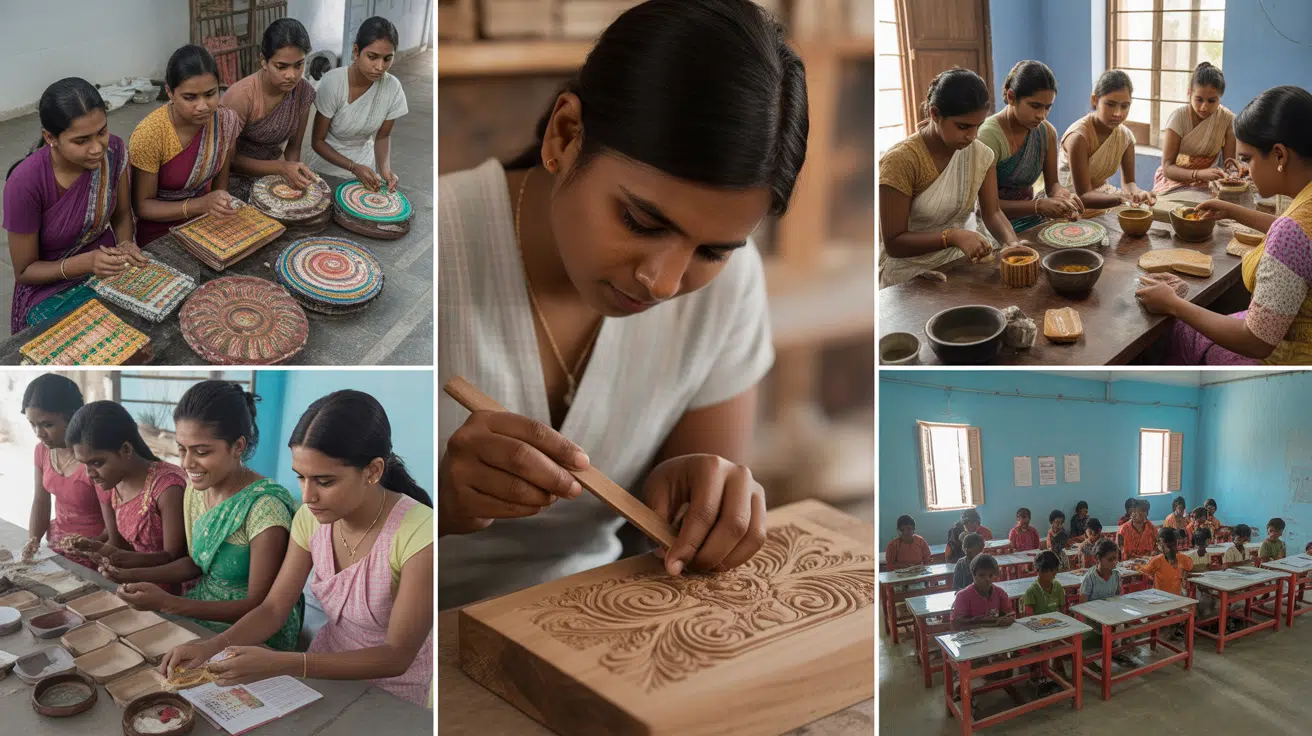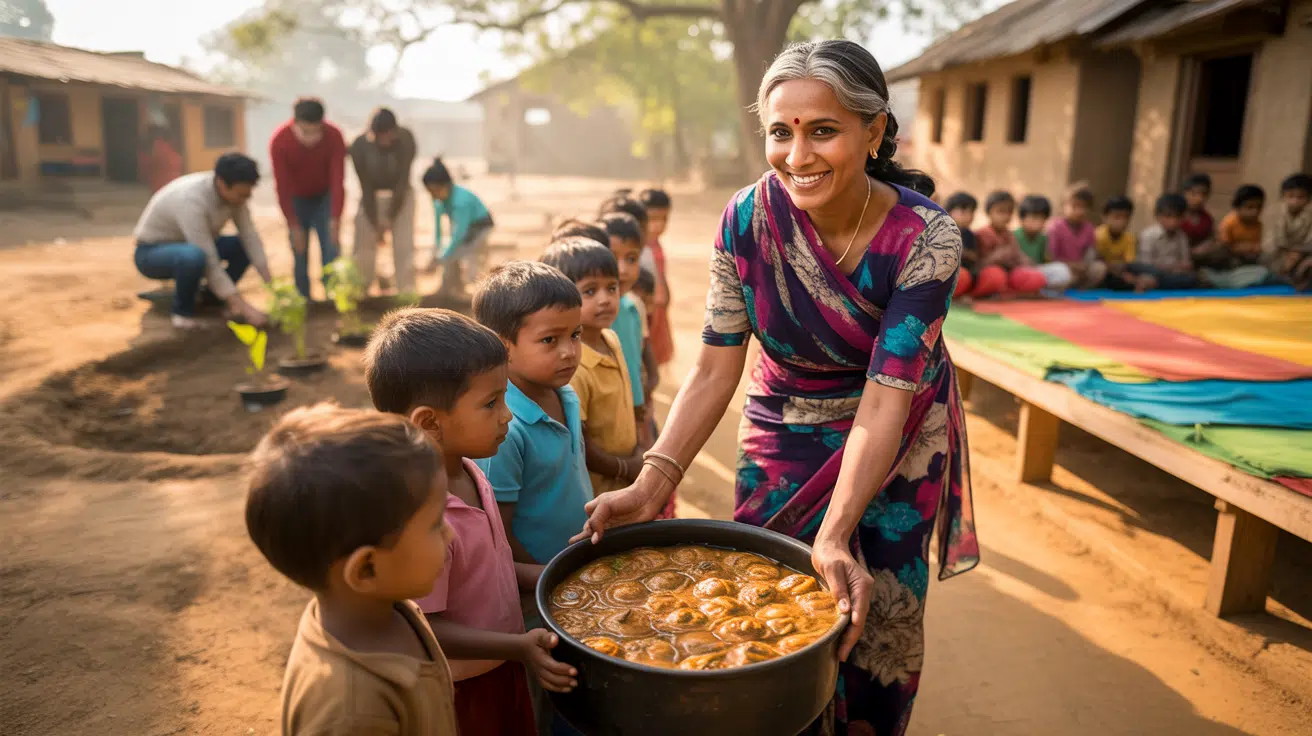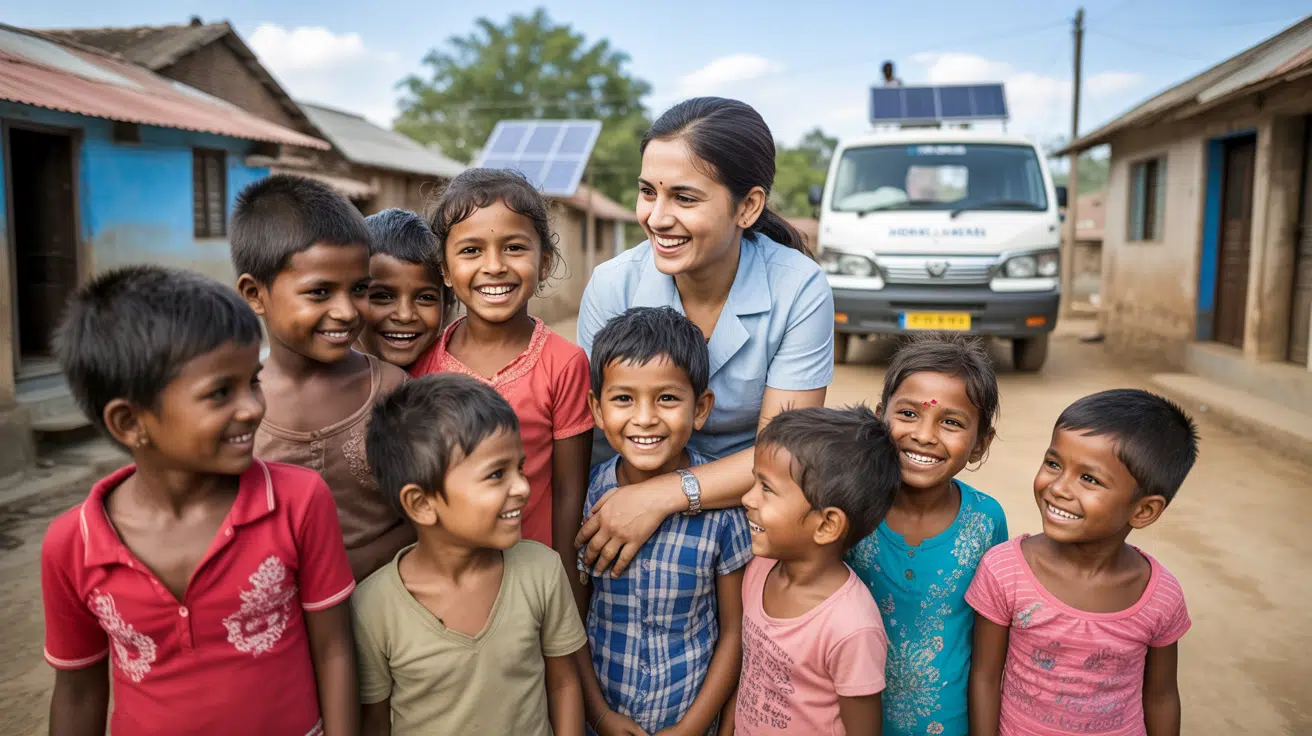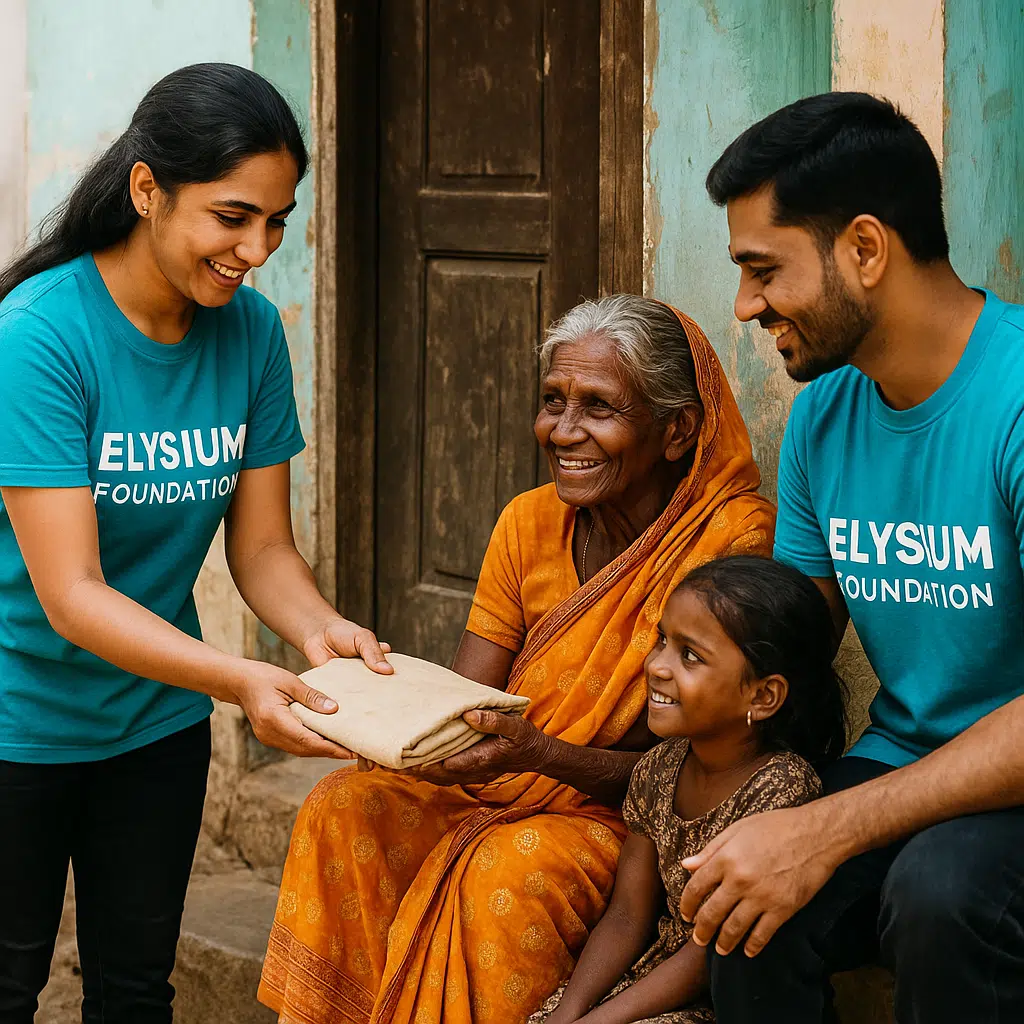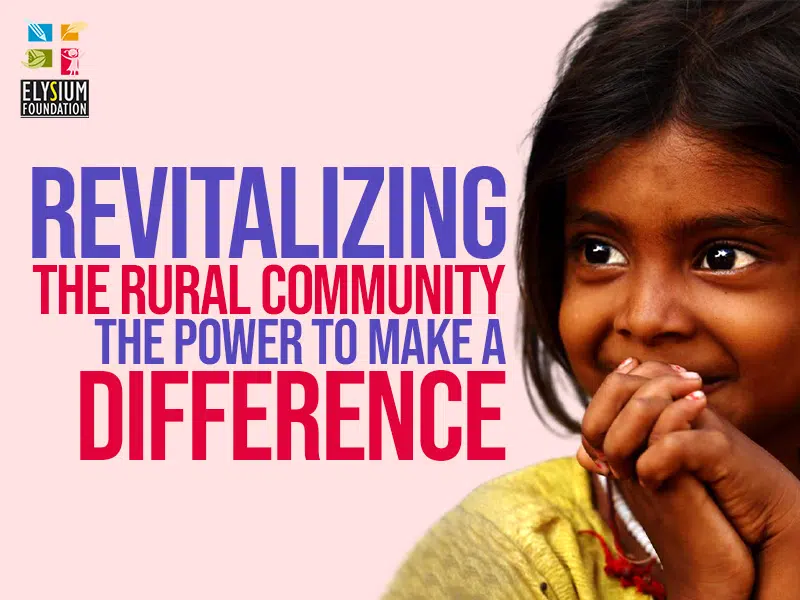07 Oct Vocational Training in India: Empowering Rural Communities for a Skilled Future
In a rapidly changing world, the value of practical skills has never been higher. While academic education builds knowledge, vocational training bridges the gap between learning and earning. For millions of rural youth, especially in smaller towns and villages, vocational training in India is not...




